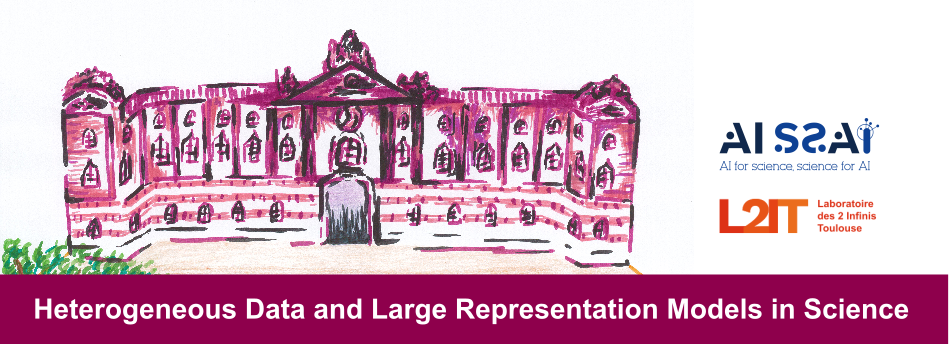Speaker
Description
The future space based gravitational wave detector LISA will observe millions of galactic binaries (GBs) constantly present in the data. A small fraction of this population will be individually resolved. One of the challenging tasks will be to estimate the parameters of resolvable GBs while disentangling them from each other and from other gravitational wave sources present in the data. This problem is referred to as a global fit. A Bayesian framework is often used to infer the parameters of the sources and their number. The efficiency of the sampling techniques strongly depends on the proposals, especially in the multi-dimensional parameter space. We show how to use neural density estimators, and in particular Normalising flows, in order to build proposals which significantly improve the convergence of sampling. We also demonstrate how these methods could help in building priors based on physical models and provide an alternative way to represent the catalogue of identified sources.
| Contribution length | Middle |
|---|

